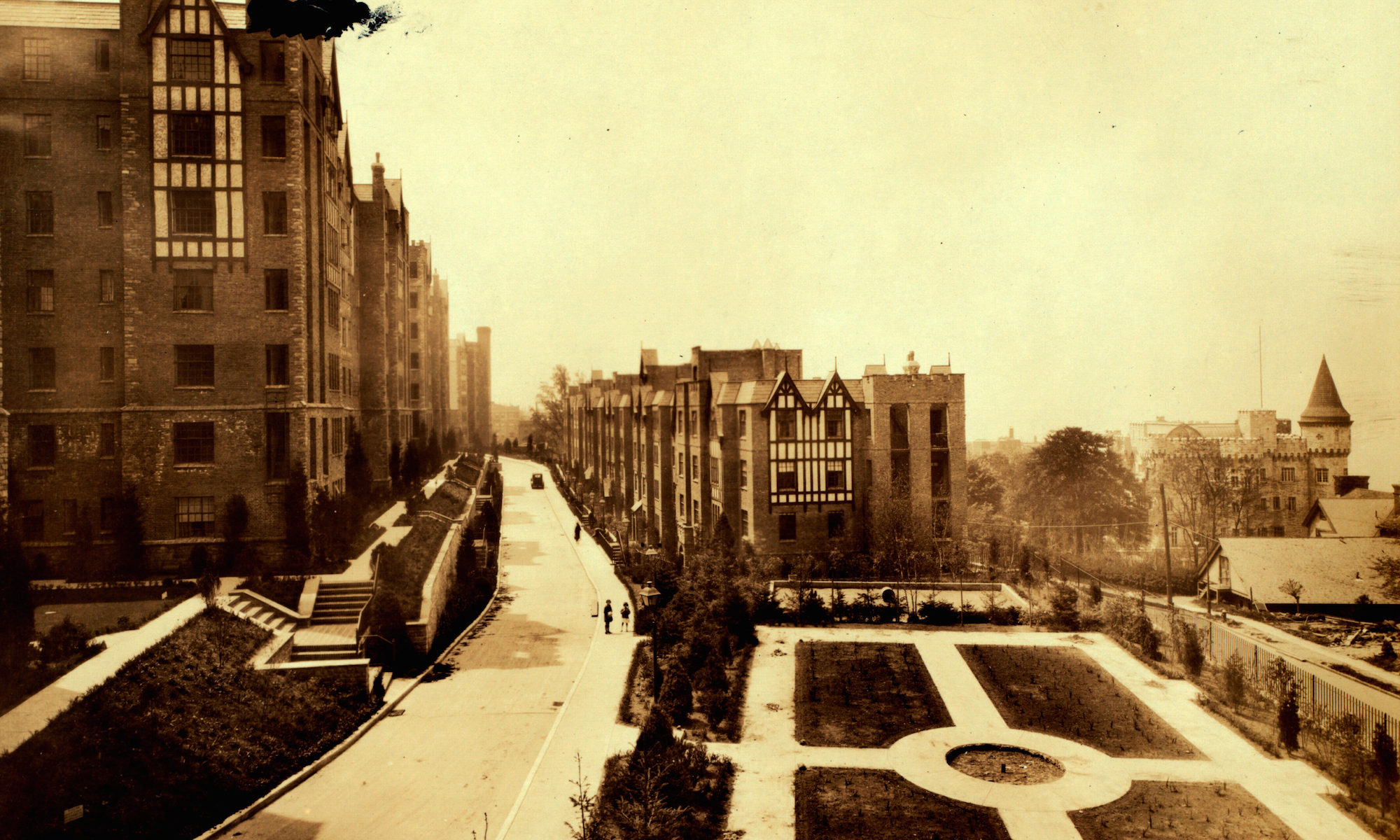Page 97
CHAPTER TWENTY-ONE
These were the unhappy times in which we were living and when Freemasonry, once a powerful instrument of Italian unity and advance, had also degenerated into a parasitic organization reaching into all the sinews of our national and local life.
In small communities, mayors and town clerks were the stooges who delivered the votes to the bosses higher up and received in turn favoritism, through influence in all branches of government, including the judicial. One of the first Mussolini reforms was the closing of all Masonic lodges and the abolition of elective mayors, thus blocking the underground channels of the whole foul system.
My own family was a victim of conspiracy and blackmail, well protected from above. Some taxpayers were instigated to petition the Prefect of our Province for my father’s removal from the office of tax collector. My father informed me of it and asked if he could come to Rome, in order to have my help in preparing a brief. The accusations were so preposterous that he didn’t think he needed a lawyer and, although I was only eighteen, he had confidence in my judgment. I wired him to come at once. When I saw him, my father looked aged and harried. He said that an internal ailment was bothering him, but he was plainly anguished by the moral wound inflicted on him. We closeted ourselves in his little room of a third class hotel and never stopped until we had drafted, revised and rewritten a document of twenty or thirty pages, proving that the petition was a malicious and unfounded attack.
My father had never been in Rome and, while desirous to see its wonders, he left as hastily as he came, promising to return with my mother, after he had disposed of the ugly matter. He personally went to deliver the rebuttal and corroborating evidence to the Prefect who, after mature deliberation, like Pilate, turned the case over to the mayor. That was all according to plan. The mayor delegated one of his henchmen to assume…
Page 98
…the tax collections, on a fee basis, “pending full investigation.” A new tax roll was compiled from that date and all my father’s books and records were sent to Potenza for auditing. My father had paid to the State Treasury all installments due, but the uncollected arrears, which belong to him and amounted to a very substantial sum, were suspended from payment until final action. That crippled my father’s resources to a point where, to weather the storm, he had to borrow some money at usurious rate from the rabid anti-socialist hereinbefore mentioned. Thus, the principal hangmen of our town were so far satisfied.
When I was nearing the end of my second year examinations, my mother wrote that she was accompanying my father to Naples, to consult some specialists regarding his illness, which had become serious, and asked me to join them in Naples as soon as possible. I was allowed to advance the date on the last two exams and hurried to Naples. I found my father suffering from excruciating abdominal pains. On my mother’s strained face I saw the expression of refrained anxiety and I knew it meant distressing news. The first specialist had made a thorough examination and confidentially had told my mother that the ailment was tumor of the liver, of probably malignant sort.
We called on the second specialist. He confirmed the first diagnosis and advised us to see some prominent surgeon. Prof. Padula, born in a town near ours and with whose family we were very friendly, was a surgeon of national reputation and had a large private clinic in Naples. He received us most affectionately. Prof. Padula was a kindly man, with a Moses beard. A Da Vinci type, he was not only a famous surgeon, but a poet, a sculptor and a naval architect. After an exhaustive analysis he was somewhat perplexed and non-committal. He said that only a blood test would determine the real nature of the growth and suggested that I come alone on the following day for his final findings.
When I entered, Prof. Padula had a downcast, sad look, foretelling a woeful message. He strove for words, but finally told me that the case was hopeless and recommended putting our affairs in order, without delay. My father had only a few months to live. He gave me some prescriptions and refused to accept any fee.
Next: Chapter 22


